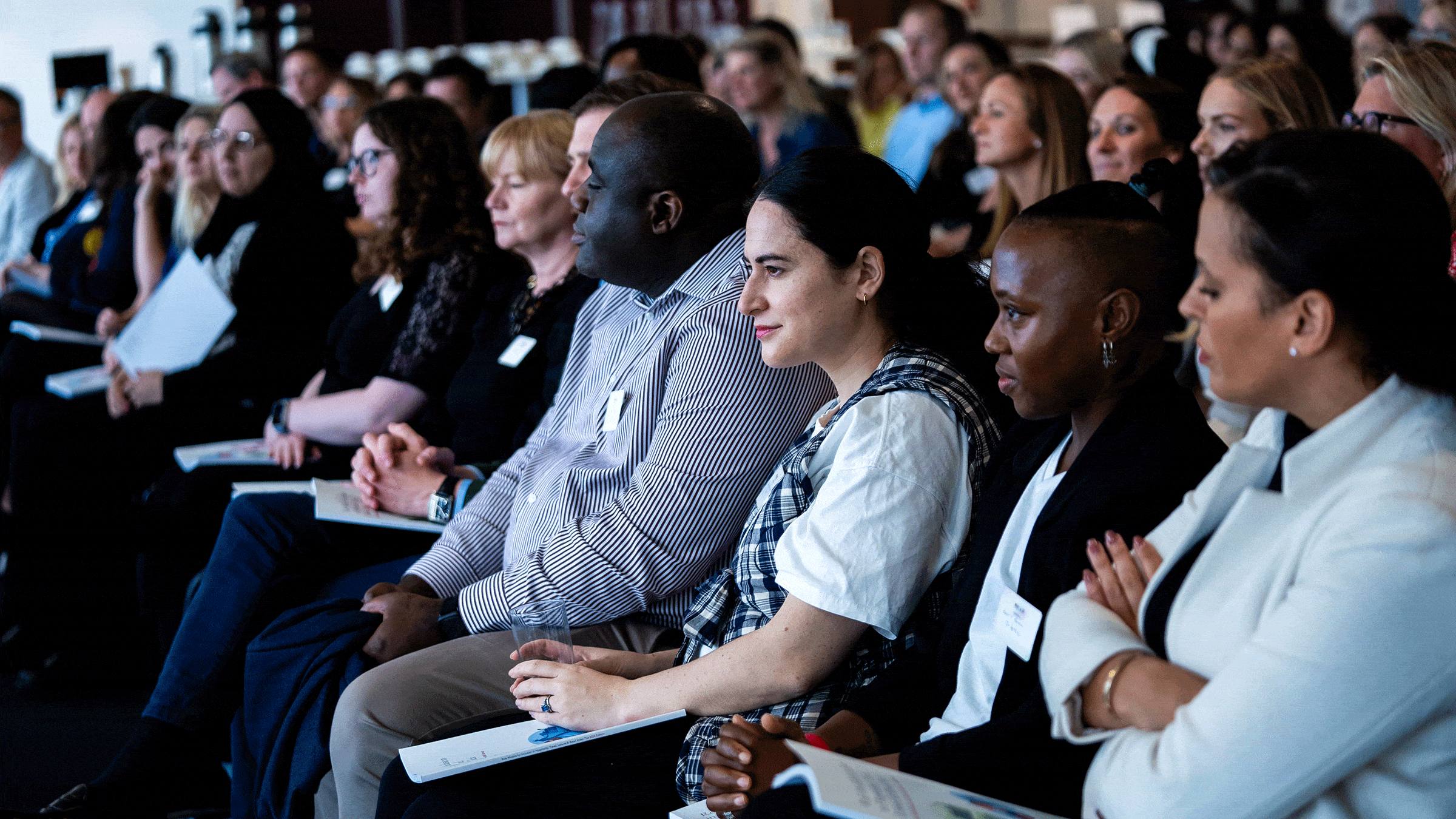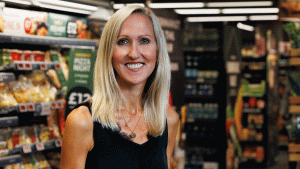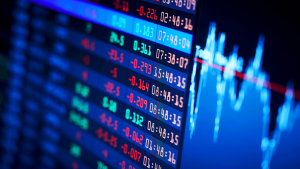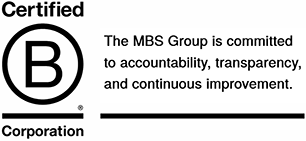One of the things I enjoy most about being a headhunter is sitting down with inspiring leaders and hearing what I like to call their “origin stories.” A CV and a professional track record can tell you a lot about an individual and what they have achieved – but I consistently find that the best way of getting to know a leader is by understanding their background, and what moulded them to be the person they are today. Learning about someone’s early circumstances and career, and about the people around them who shaped them, in my opinion, is critical to assessing their future potential and leadership capability.
It was therefore a real delight to spend Thursday afternoon at the iconic “Walkie Talkie” building, celebrating the launch of the Role Models for Inclusion in Hospitality, Travel, Leisure, and Retail 2024 Index – a publication that both highlights origin stories, and shines a light on the lasting impact of role models.
Produced in partnership with the WiHTL and Diversity in Retail Collaboration Community, the 2024 Edition of the Index highlights conversations with 75 individuals in the HTL and retail sectors, who are encouraging a culture of inclusion in their organisation. These role models are people who are driving grassroots initiatives, speaking up for underrepresented communities, and helping to educate and empower team-members on the critical topic of D&I. The publication also includes conversations with Advocates for Change, senior executives and non-executive directors who are leveraging their influence to bring about lasting change in the sectors at large.
Alongside admiring the striking views of the London skyline, it was fantastic to feel the buzz of conversation and collaboration, and swap learnings on how best we can all role model positive behaviours. Indeed, as Tea Colaianni, Founder and Chair, WiHTL & DiR pointed out in her opening remarks: “The role models featured in the Index are highly effective advocates for positive change, committed to ensuring that everyone benefits from equitable opportunities to progress in their careers with confidence and a sense of belonging.”
“The role models featured in the Index are highly effective advocates for positive change, committed to ensuring that everyone benefits from equitable opportunities to progress in their careers with confidence and a sense of belonging.” – Tea Colaianni, Founder and Chair, WiHTL & DiR
Within the publication is a plethora of personal and professional stories, from leaders who reflect the full spectrum of diversity that exists in the industries and the communities they serve. It’s has been such a privilege for our entire team at MBS to sit down with senior leaders and NED from the HTL and retail communities over the last few months and hear their insight on how to be visible role models.
“You’ve got to identify and tap into your personal motivation for D&I,” said Kate Seljeflot, the CPO of Kingfisher, who is featured in the Index as an Advocate for Change. “I can reel off the list of commercial benefits of D&I, but the magic happens when you link the business purpose to the personal one. As a leader, you have to find something authentic that gives you a sense of urgency.”
Meg Lustman, who is now an NED at N Brown and ProCook after being a leader for many decades in the fashion sector, shared reflections on how to overcome the many challenges associated with driving positive momentum on D&I: “It’s not for the faint hearted,” she told me, “it requires real commitment and bravery to ensure that the systemic nature of bias is surfaced and properly addressed, as well as the cultures and behaviours.”
Moira – our own role model in retail – spoke to the group on Thursday about how much the world has changed in the more than thirty years since MBS was founded. “Peer pressure, public scrutiny and shared objectives are driving progress,” she told the audience, “and the pace of change has been remarkable – even if was long overdue. As recently as 2011, 43% of FTSE 350 Boards were made up entirely of men, while this year women occupy 42% of all FTSE 350 Board seats.”
“Peer pressure, public scrutiny and shared objectives are driving progress.” – Moira Benigson, The MBS Group
I left the event reflecting on the notion of role modelling. All of us in any kind of leadership role with power and influence are role models. We don’t necessarily get to choose to be role models, but we can control the behaviors and traits that we role model to those around us. In our consumer-facing sectors, we have the chance – and the responsibility – as leaders to make a real difference to society. This is especially true in retail and HTL, where more than six people are employed collectively in the UK. Role modelling has certainly played a critical part in moving the dial already, and I passionately believe it will continue to do so.
It has been such a privilege to bring together this year’s report alongside WiHTL & DiR. It has been a truly inclusive exercise that has encompassed all aspects of diversity including gender, ethnicity, social mobility, nationality, sexual orientation, age and disability.
I’d like to congratulate every role model included in this year’s Index, and thank them for taking the time to share their stories.
You can read the Index here.





